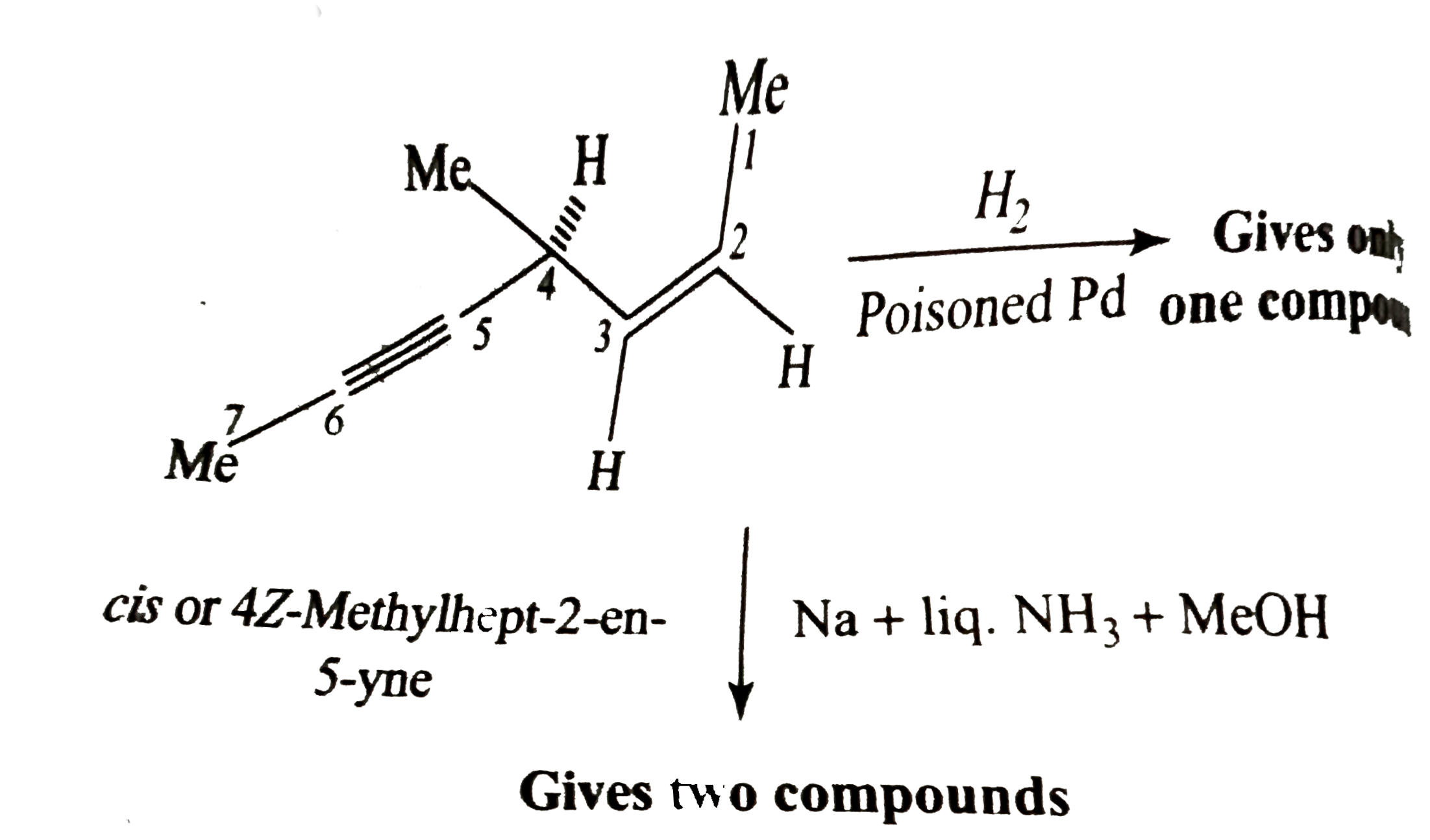"Large scale cultivation of spirullina is highly advantageous for human population."Explain giving two reasons.
Step-by-Step Solution:
1. Introduction to Spirulina:
- Spirulina is a type of blue-green algae, often referred to as a single-cell protein. It is known for its high nutritional value and is considered a superfood.
2. Reason 1 - Nutritional Benefits:
- Spirulina is a rich source of essential nutrients. It contains a variety of proteins, vitamins (such as B vitamins), minerals (like iron and magnesium), and healthy fats. This makes it an excellent dietary supplement that can help improve overall health and nutrition in the human population.
3. Reason 2 - Sustainable Cultivation:
- Spirulina can be cultivated easily and sustainably. It can be grown in various environments, including waste materials such as wastewater and organic waste. This not only helps in recycling waste but also provides a sustainable source of nutrition, making it advantageous for food security.
4. Additional Benefits:
- Spirulina also has antioxidant properties, which can help combat oxidative stress in the body. Furthermore, it may aid in reducing high blood pressure, contributing to cardiovascular health.
Conclusion:
- The large-scale cultivation of spirulina is advantageous due to its high nutritional value and its ability to be grown sustainably from waste materials. These factors contribute to improved health and food security for the human population.
---
- Spirulina is a type of blue-green algae, often referred to as a single-cell protein. It is known for its high nutritional value and is considered a superfood.
- Spirulina is a rich source of essential nutrients. It contains a variety of proteins, vitamins (such as B vitamins), minerals (like iron and magnesium), and healthy fats. This makes it an excellent dietary supplement that can help improve overall health and nutrition in the human population.
- Spirulina can be cultivated easily and sustainably. It can be grown in various environments, including waste materials such as wastewater and organic waste. This not only helps in recycling waste but also provides a sustainable source of nutrition, making it advantageous for food security.
- Spirulina also has antioxidant properties, which can help combat oxidative stress in the body. Furthermore, it may aid in reducing high blood pressure, contributing to cardiovascular health.
- The large-scale cultivation of spirulina is advantageous due to its high nutritional value and its ability to be grown sustainably from waste materials. These factors contribute to improved health and food security for the human population.
Similar Questions
Explain

Gives two compounds.
View SolutionExplain giving two examples Contact forces .
View SolutionDefine population explosion and explain the factors affecting human population
View SolutionGive reason
Nucleotide ratio in RNA is highly variable.
View SolutionA crane had DDT level as 5 ppm in its body. What would happen population of such birds ? Explain giving reasons
View SolutionWhy should Biodiversity be conserved ? Explain giving three reasons.
View SolutionIn pea plants, the colour of the flower is either violet of white whereas human skin colour shows many gradations. Explain giving reasons how it is possible.
View SolutionIt is established that RNA is the first genetic material. Explain giving three reasons.
View SolutionExplain the genetic basis of blood grouping in human populations.
View SolutionHuman insulin when synthesised in the body needs to be processed before it can act. Explain giving reasons.
View Solution
